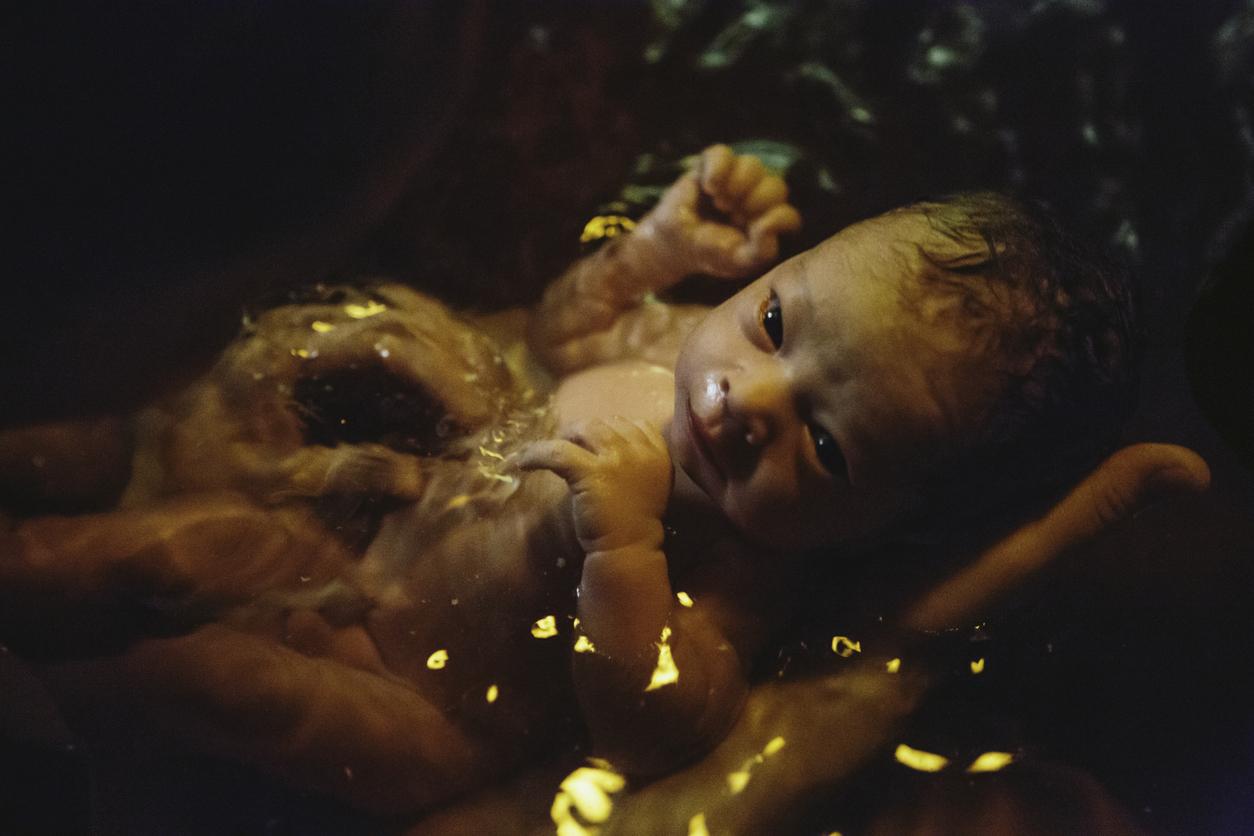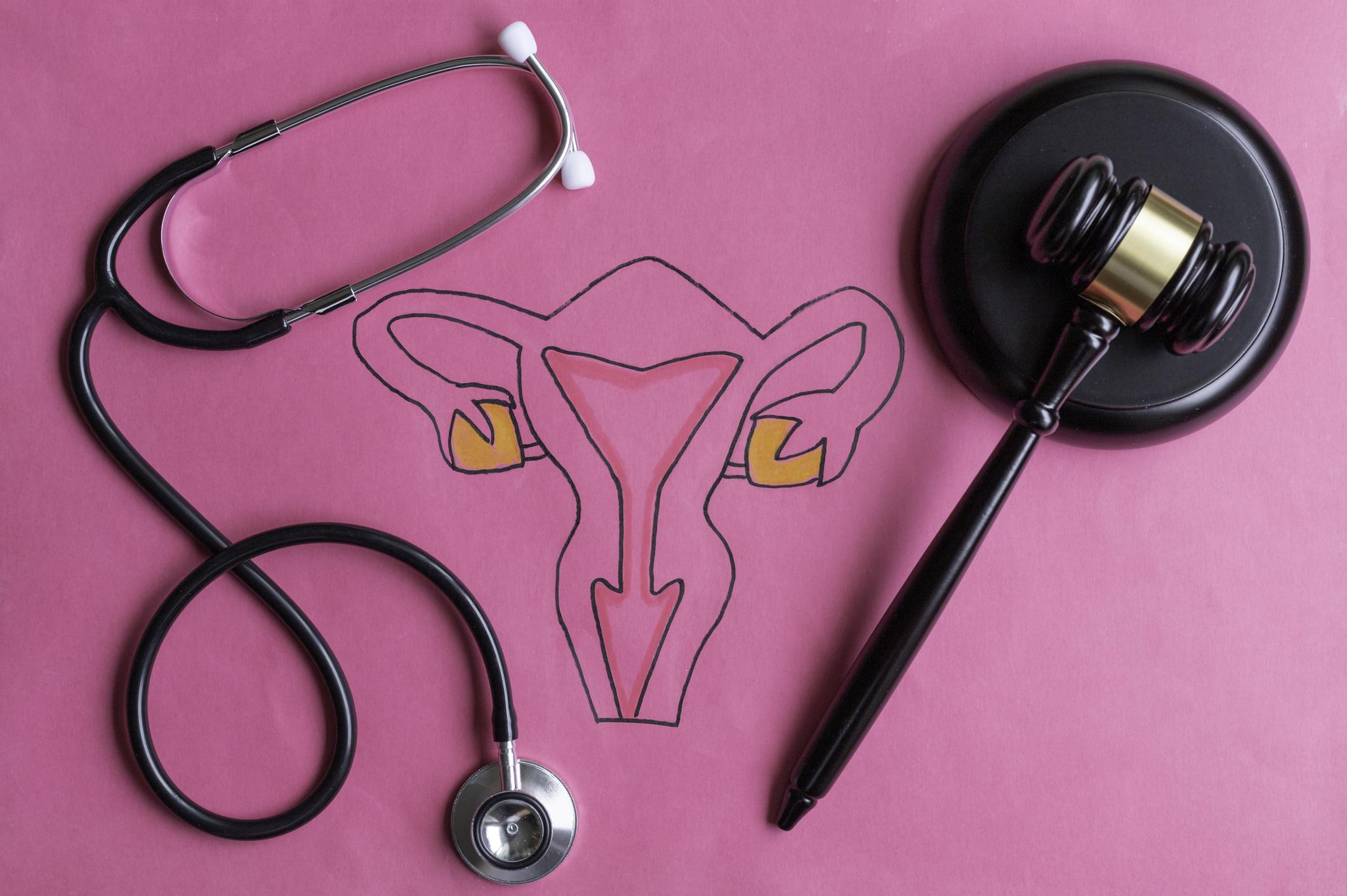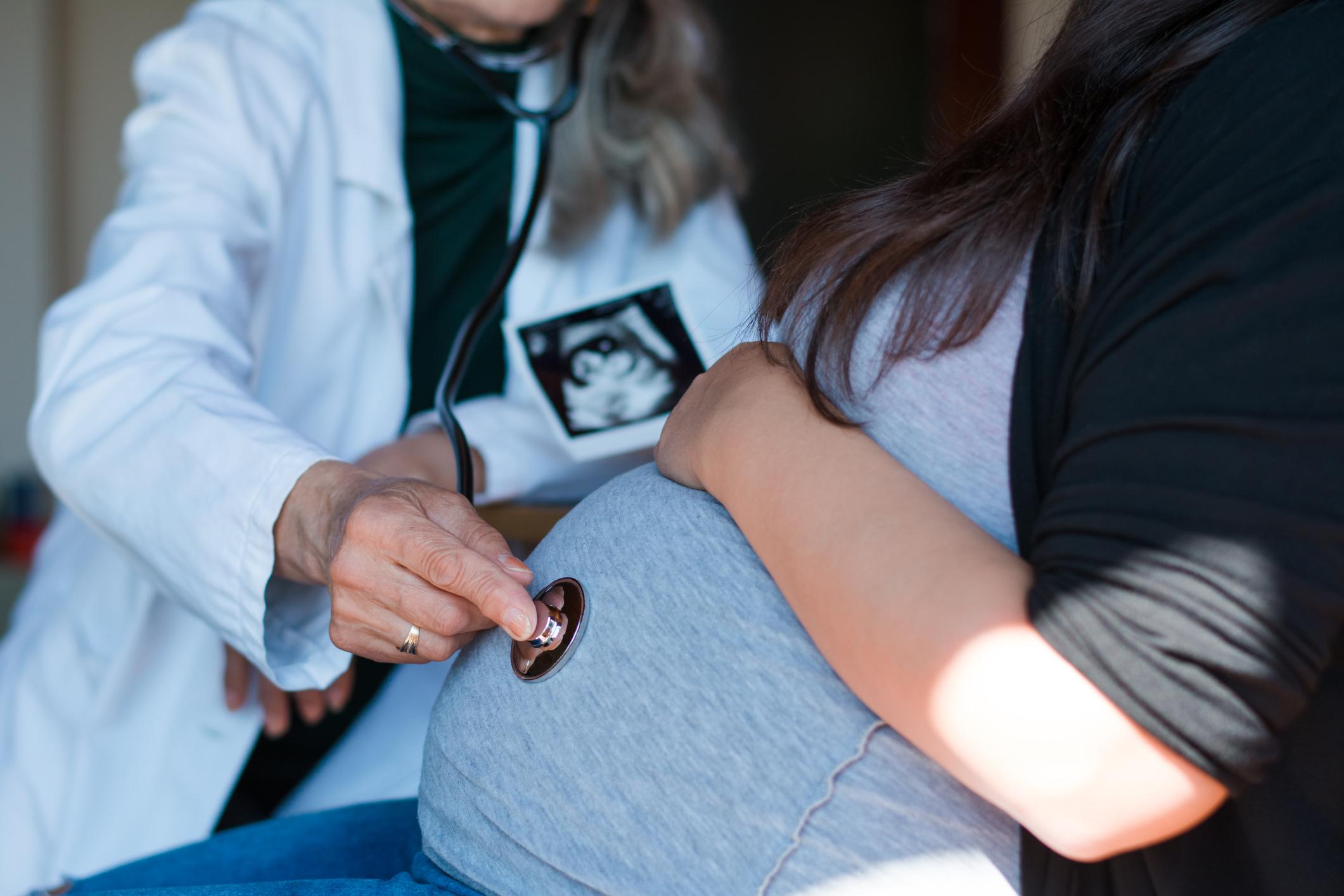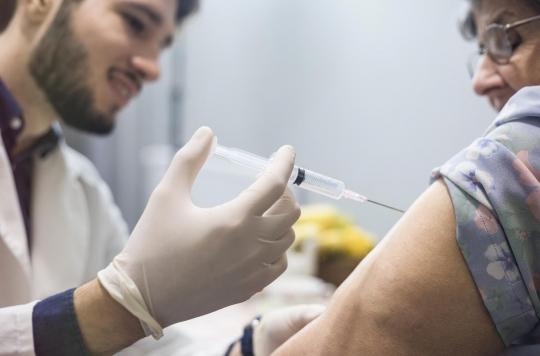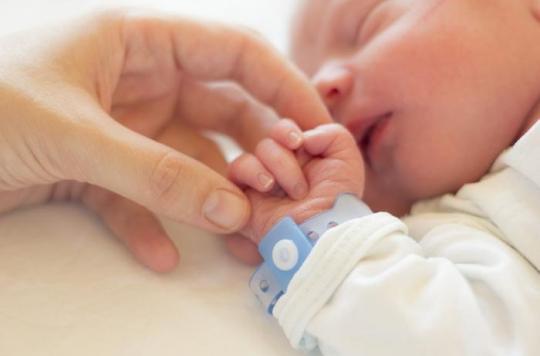For Women’s Rights Day, pourquoidocteur paints the portrait of Caroline Raquin. The leader of midwives is fighting to gain recognition for this profession.
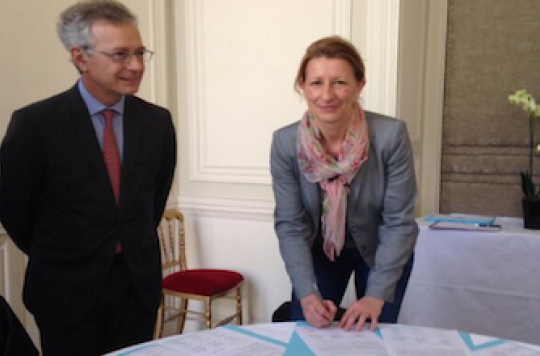
“What ignited the powder was when we were received at the Ministry of Health to tell us that we were ultimately granted a perinatal workshop in the 2014 public health law, and that we were not even provided for in this law at the start. At that moment, all the midwives present at the meeting looked at each other and thought: “oh yes, we are really invisible to the public authorities”. But why not a sewing workshop! ”
Caroline Raquin remembers this anecdote with a certain bitterness. A midwife at the Louis-Mourier maternity hospital (Colombes, 92), she is at the head of a Collective (1) bringing together many of her sisters who have been on strike for 5 months now. Their battle, to obtain the status of hospital practitioner. In the background, the recognition of the place of midwives in the hospital.
The leader of this movement, which still affects 70% of French maternity hospitals today, told us that from the start of the meetings with the ministry, they understood that they would not obtain this medical status.
These health professionals are still considered paramedics. So, on the occasion of International Women’s Rights Day, the highlighting of the struggle of Caroline Raquin and the strikers is emblematic of that of others who, all working in the world of work, aspire to better consideration. For her, this “fight is that of a profession, but not only”. It is also “that of women and their future children,” she explains. “Midwife is a job like no other, we give life, so respect us,” she said forcefully.
” We never get bored “
This outspokenness, it undoubtedly owes it to its origins. Caroline Raquin was born in Saône-et-Loire (Burgundy) at the maternity hospital of Paray-le-Monial (71), “where, moreover, the midwives have been on strike since October”, she points out. . As she likes to point out, she does not come from the medical world, but rather from a rural environment and workers. The father worked for Renault for 40 years. “A man invested in his life as a worker who has known the big strikes and the closures of difficult factories, like that of Boulogne-Billancourt in 1989.”
After the baccalaureate, Caroline had not chosen this profession. With a DEUG in biology in hand, she embarked on midwifery studies, a profession already largely unknown at the time. “But that will change,” she retorts immediately. It is after a meeting with her distant cousin who exercises this profession that she finally decides to embark on this “medical” career.
And from the start of his studies, he liked this profession. Between internships and intensive courses, she is passionate about the specialty of pregnancy. “We do lots of things: prescriptions, pregnancy monitoring … The variety of this job in all its forms also attracted me, for example the possibility of being able to settle in private or to work in the hospital. . In the end, with delivery rooms, consultation services, or those for high-risk pregnancies for monitoring problem women, you never get bored, ”she says.
To start her career, after four years of difficult studies at the midwifery school (Hôpital Foch de Suresnes, 92), she decided to join the Nanterre hospital, a level 1 maternity unit, where she felt she had everything. learned. “I thought I was bored, but that’s where, in level 1, everything happens. In this town of 92, where a disadvantaged population lives, the hospital staff have many vital emergencies to manage, I have learned to surpass myself. But besides the stress and the pressure, there was also a small maternity structure where the midwives had time to take care of the women. “The basis of our business, and the only thing that matters to us. “
“I went to the most welcoming”
From that time on, Caroline Raquin liked to work in complete autonomy with other professionals. Faithful to his vision of the profession which would like to make midwives a first-line practitioner in the follow-up of non-pathological pregnancies.
Union commitment will come later in 2009 after ten years of practice. It is a member of the ONSSF (2), an organization which until recently represented 7% of
20,000 midwives, but which has experienced this year, thanks to the scale of the movement initiated by the Collective, a bellle increase in its workforce (10-15% of midwives according to the latest estimates by Caroline Raquin) .
It was during a previous midwifery strike movement, 5 years ago, which was organized to help the Liberals, that she finally decided to get involved. “At the time, it was the only union that accepted those of us who were hospitable. So I went to the most welcoming in the end, ”she said with a touch of irony. Until becoming its president!
To justify this late commitment, Caroline Raquin also confides that she first wanted to understand the role of midwives in the health system and the functioning of maternity hospitals. Proof of this desire to learn and constantly improve, she recently spent 3 years, a Master 2 Ultrasound at the University Hospital of Necker. “It’s rewarding, it’s interesting, and what’s more, thanks to that, the doctors respect us even more. “
” Now that will change “
Despite this evidence of midwifery skills, the hierarchy is still too established and unchanging in the hospital, she said. “With a very present patriarchy, and where the doctor, often a man, is at the top of the pyramid. Midwives are at the bottom of the scale. After us, it’s the non-medical and administrative staff. This feeling of being constantly devalued, plus a low salary in view of the responsibilities, finally convinced this woman, and others, of the importance of changing things.
“One morning, we get up and say to ourselves: ‘Now that will change’, and tomorrow will never be the same again. Tired of suffering without saying anything. Then everything went very quickly. From the first days of the movement, press releases confirmed the extent of the mobilization, so that quickly half of the maternity hospitals were on strike. And the big national radios and television channels give them the microphones. At the height of this revolt, up to 90% of maternity hospitals were on strike. Perhaps the beginning of recognition she said to themselves. Until the division between the Collective and the midwives of the inter-union CGT, CFDT, FO, Sud and Unsa, who wish to remain in the hospital public service. More influential, closer to high authorities, the latter ultimately win the battle. But Caroline Raquin is not a woman to give up and will not let go. “I assure you, you will hear from us again,” she concludes.
(1) ONSSF, CNSF, ANSFC, ANESF, CNEMa, CFTC social health
(2) National Trade Union Organization of Midwives
.









